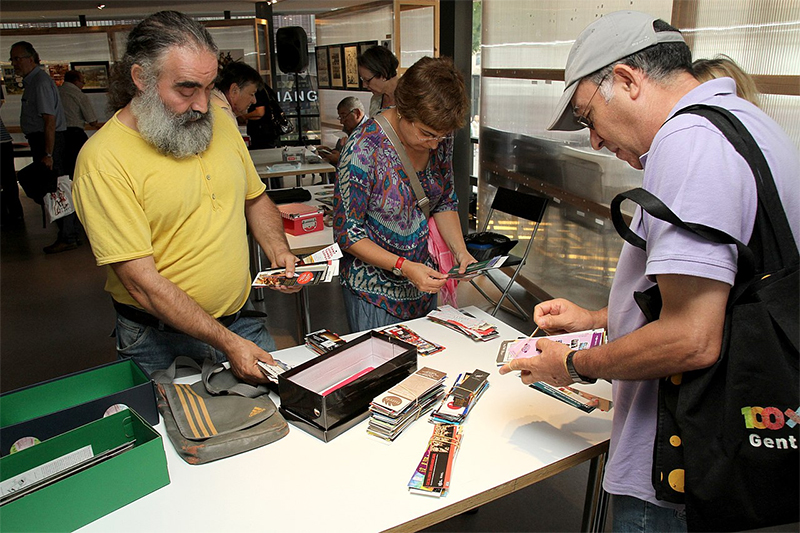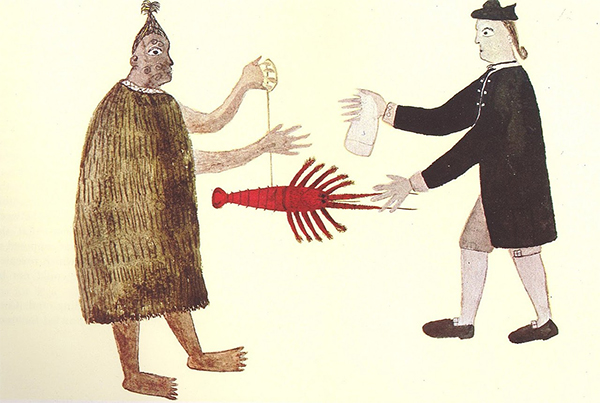The Art of Bartering: Trading Goods and Services for Savings
Trading has always been important for trade and economic growth. Since ancient times, bartering has been utilized to exchange goods and services without the use of money. This ancient way saves money while also building community. Bartering is a practical and inclusive technique to overcome financial constraints by utilizing a diverse network of resources and talents. Bartering may lead to mutually successful partnerships with clear communication, fair value assessment, adaptation, and a positive mentality, as seen by modern success stories.
The History of Bartering
Throughout history, bartering has aided trade and business. Bartering has been used to barter goods and services without the use of money since ancient Mesopotamia. People bargained and haggled to find an agreement in these early societies. This primordial trade aided individuals in obtaining food, tools, and clothing, hence promoting economic advancement and multicultural interactions. Bartering enabled humans to subsist while also establishing sophisticated economic systems that changed history.
The Benefits of Bartering
Bartering, with its inherent advantages, continues to be a valuable practice in modern society. One of the primary benefits of bartering is its ability to promote cost savings. By exchanging goods or services directly, individuals can bypass the need for monetary transactions, reducing expenses and preserving financial resources. Bartering also promotes collaboration and a sense of community. It promotes interpersonal connections between people, fostering bonds of trust and common interests. People may access a wide range of information and expertise through bartering, which increases their chances of developing both personally and professionally. Bartering provides a useful and inclusive option in a society where access to products and services can frequently be restricted by financial restrictions.
Tips for Successful Bartering
To engage in successful bartering, it is essential to keep a few key tips in mind. Firstly, clear communication is paramount. Clearly articulate your needs and expectations, ensuring both parties have a mutual understanding of the trade. Secondly, it is crucial to assess the value of the goods or services being exchanged. Conduct research to determine fair market value, allowing for a balanced and equitable exchange. Additionally, flexibility is key. Being open to alternative offers or negotiating terms can lead to more favorable outcomes. Lastly, maintaining a positive and respectful attitude throughout the process fosters goodwill and enhances the overall bartering experience for all parties involved.
Examples of Modern Bartering Success Stories
Numerous inspiring examples of profitable trading demonstrate that this age-old strategy is still relevant and effective. A small business owner traded her graphic design skills for accounting services in order to retain accurate financial records without spending additional money. Another example is a farmer who exchanged surplus veggies for menu advertising with a nearby restaurant, enhancing visibility and customer traffic for both parties. These success stories of modern bartering demonstrate how people utilize trading to meet their needs and build mutually beneficial relations.
The history of commerce demonstrates its pervasiveness throughout human culture. Trading goods and services has long been a cost-effective and community-building activity. By promoting economic growth, innovation, and mutually beneficial connections, bartering remains a viable and inclusive alternative to traditional monetary transactions. When individuals employ clear communication, fair value evaluation, flexibility, and a positive attitude in resolving their needs and building lasting connections, bartering grows.
Photo Attribution:
1st & featured image by https://commons.wikimedia.org/wiki/Category:Barter#/media/File:Trobada_punts_llibres_0001.jpg


